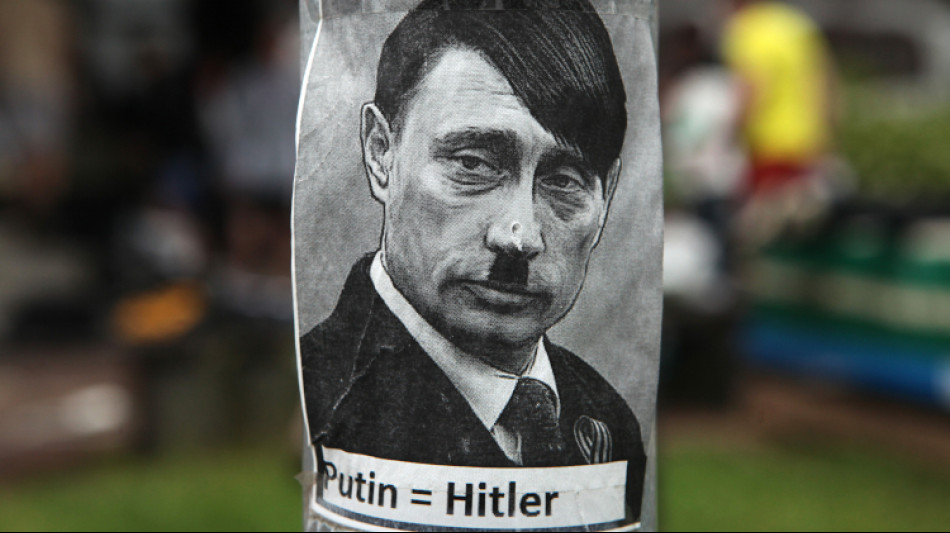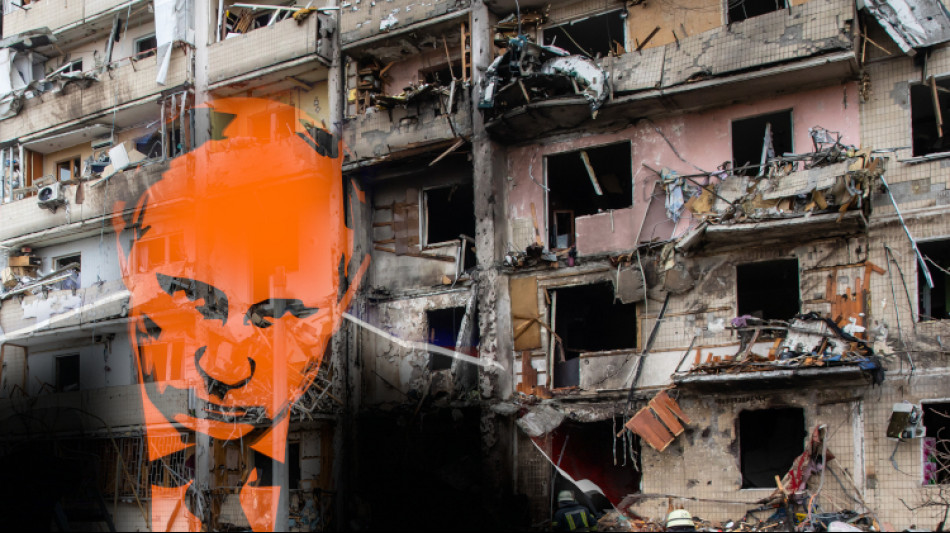Iraq vs. Iran – The end?
Since the fall of Saddam Hussein in 2003, Iran has significantly expanded its influence in Iraq, particularly through its support for Shiite militias and political parties. However, this has led to growing discontent among large sections of the Iraqi population, who are demanding greater national sovereignty and an end to foreign interference.
In recent months, protests have intensified in Iraq, particularly in Baghdad and the southern provinces. The demonstrators are protesting against corruption, unemployment and, above all, Iranian influence. An impressive example of this resistance was the storming of the Iranian consulate in Karbala in October 2023, during which angry demonstrators set the building on fire. This incident underscores the deep frustration felt by many Iraqis over Tehran's perceived dominance in their country.
In addition, political groups and tribal leaders in the south of the country have begun to openly reject Iranian influence. They are demanding measures to curb the activities of Iranian-backed militias, which are seen as an extension of Tehran's power. Iraqi Prime Minister Mohammed Shia al-Sudani faces a difficult task: he must balance relations with Iran and the United States while responding to his citizens' demands for independence.
Iran is alarmed by these developments and is trying to strengthen its allies in Iraq. There are indications that Iranian-backed militias have increased their presence, possibly to suppress the protests or consolidate their position. At the same time, attacks on US military bases in Iraq attributed to these militias have led to retaliatory strikes by the US, further fuelling tensions in the region.
The situation has not gone unnoticed internationally either. The United States, which maintains a strong presence in Iraq and wants to contain Iranian influence, is following events with great attention. Other regional players such as Saudi Arabia could also intervene to support anti-Iranian forces and influence the balance of power in the Middle East.
The question remains: could this resistance be the final blow against the Ayatollahs in Iran? Some observers see it as the beginning of the end of Iranian hegemony in Iraq, but others urge caution. The Ayatollahs have proven in the past that they have considerable resilience and numerous means at their disposal to secure their influence. Nevertheless, it is clear that pressure on Iran in Iraq is growing and that events have the potential to permanently alter the balance of power in the region.

Moldova: Russia and his anti-social hybrid war!

Russia with a big mouth but nothing behind it!

The EU, Russia and the energy crisis

Russian scum beats own soldiers

Ukraine: Russians die like fucking flies!

Typical antisocial Russian propaganda

Brasilien: Jair Bolsonaro Wahlniederlage ein

US Federal Reserve raises interest rate to highest level

Ukraine War: 36 Billion Damage to Environment!

Second term for Austrian President

Paris: Taster day for 2024 Paralympic Games






